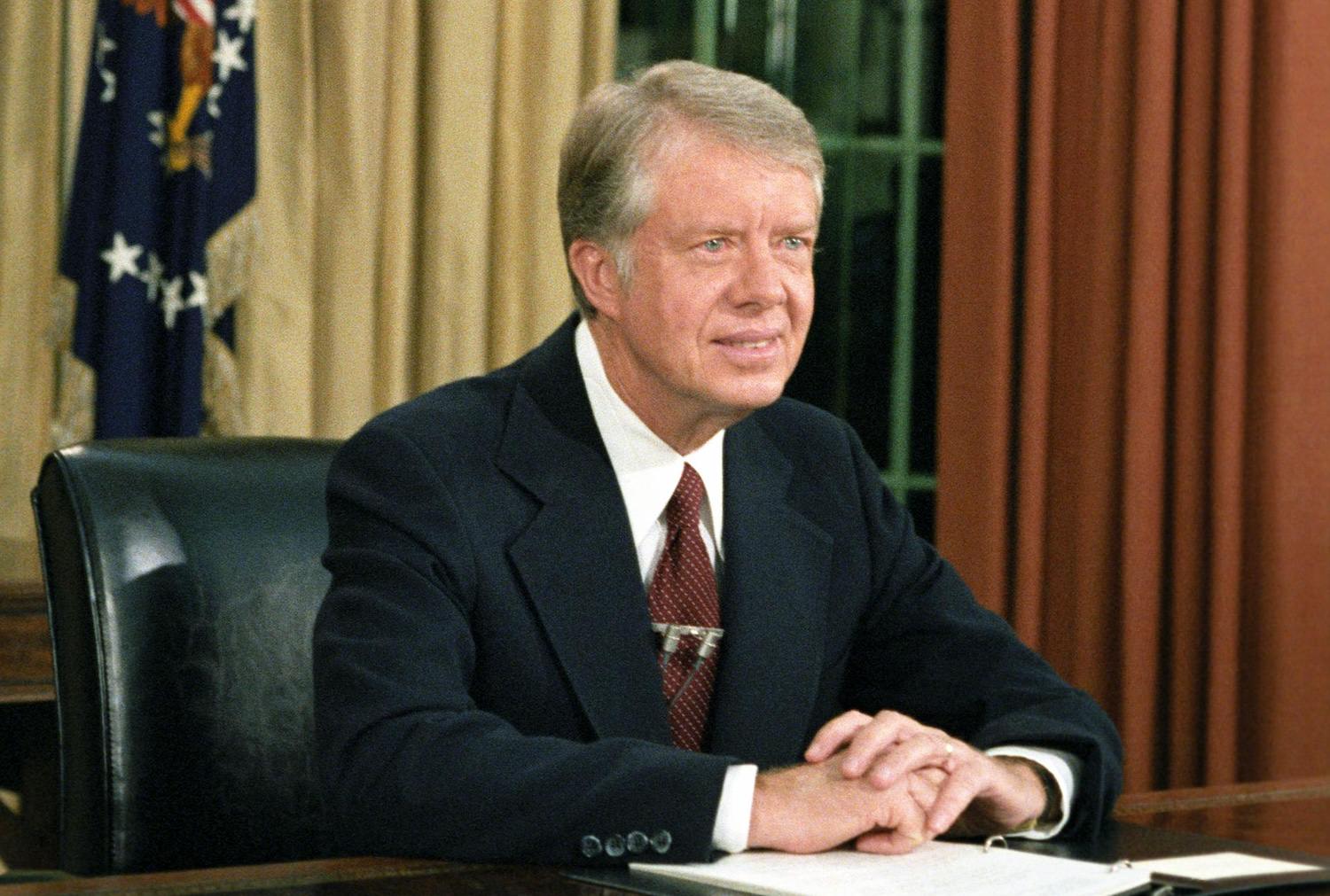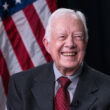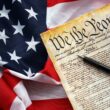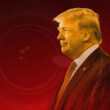To the editor,
Few, even among his detractors, will deny that Jimmy Carter was a man of consummate good character and personal integrity — before, during, and after he was president. He was indeed just that, even though opinions will differ significantly over his presidency — the many encomia at the time of his death notwithstanding.
Given his passing, I relistened to President Carter’s most famous speech, delivered on July 15, 1979. It was titled the “Crisis in Confidence” speech, although it became somewhat derisively known as the “Malaise” speech. And despite the President’s best intentions, it was received that way: an iconic statement of the nation’s malaise – particularly, Carter’s perception of it. In it, the President basically attempted to examine what was wrong in America. Perhaps more importantly, however, he detailed what he came to perceive was wrong with his own stewardship of the nation. In a word, although he didn’t use it, he and his Administration were doing the job “poorly”, and he expressed his intention to fundamentally self-correct.
Despite my unbending admiration of his character, no president of the United States will ever again give such a speech. Nor should they. Leaders must speak with confidence about what they’ve done, what they’re doing, and what they plan to do. That is, if they hope to maintain their job and register a favorable place in history.
Carter instead told us — indeed, admitted — that the country was in paralysis, and drifting. And, reading between the lines, that he was at fault. What good could have resulted from making this public statement? Indeed, many believe that speech so deep into his presidency — perhaps even more so than the Iranian Hostage Crisis given its apparent “negativity” — cost him his re-election bid in November, 1980 because the public perceived his own lack of confidence.
Let’s look at it differently, however, concentrating on the first ten minutes of the speech. There one learns something altogether unique about President Carter and what he chose to do. For as he explained in detail, over the ten days preceding his speech he had invited citizens from all walks of life to meet with him one on one at Camp David and afterwards. In those sessions, he asked each to tell him from their individual perspectives why things had been going wrong. Make no mistake, they did.
One offered, “you are not leading this nation – you’re just managing the government.” Another, “you don’t see the people enough anymore.” A third, “we’re in trouble. Talk to us about blood sweat and tears.” And yes, “the big shots are not the only ones who are important.” If those broadsides were not enough, as he himself summarized it, “the erosion of our confidence in the future is threatening to destroy the social and political fabric of America.” Ergo, the “crisis in confidence” as he himself labelled it. And who would be to blame for that crisis?
You and I have never been president. Still, none of us has ever invited others – critics or even well-wishers — to an intervention of us, where we urge them to tell us “What’s wrong with me and how I have conducted myself,” personally or professionally? No leader ever does. Yet here, the popularly elected president chose to do precisely that. Noble, indeed. And it would have been fine had the President simply internalized all that and acted accordingly.
Unfortunately, though, Carter didn’t stop there. He chose to tell the American people exactly what these (call them) “intervention guests” had confidentially told him. Yes, candidate Carter had told us that he would “never lie to the American people.” But he never said he would tell America exactly what guidance he would receive from private critics.
Here, though, he was doing precisely that. In fact, seated in the Oval Office looking directly into the camera he read from the notes he took of the conversations with those whose critique he had sought. It was a bad idea, to be sure (“Yeah, that confidante was right. Why didn’t Carter consider that 2 and ½ years ago?”). Yet Carter did it with candor. Importantly, he demonstrated the personal integrity of a solicited “introspection” – where he attempted to get to the bottom of what he needed to do going forward. When I listened to that speech in 1979, I didn’t appreciate the strength of character needed by a president to look deeply within himself in the way he did.
In a recent essay about the famed baseball player Pete Rose, who had been banned from baseball due to his gambling and later unwillingness to acknowledge it, The New York Times said that Rose was “allergic to introspection and undaunted by fact.” An intriguing phrase representing the antithesis of President Carter and the manner in which he chose to address personal crisis. It is an allergy from which many of us suffer. Carter, though, wasn’t plagued by it, or undaunted by learning the facts. Carter actually invited the introspection that he received.
This isn’t a reverie concerning the merits of the Carter presidency. Rather, it’s an effort to critique the character of a man who urgently wanted to do “better”. Yes, Carter won’t be listed among America’s greatest presidents. But even though his “Crisis in Confidence” speech is remembered in failing terms, his sincere effort to learn everything possible from across the spectrum of America in order to do better – accomplished through what must have truly been a painful process of introspection — reveals a character trait from which we all can learn.
RIP Mr. President!
Joel Cohen practices white collar criminal law as Senior Counsel at Petrillo Klein & Boxer. He is an adjunct professor at both Fordham and Cardozo Law Schools.







0 Comments